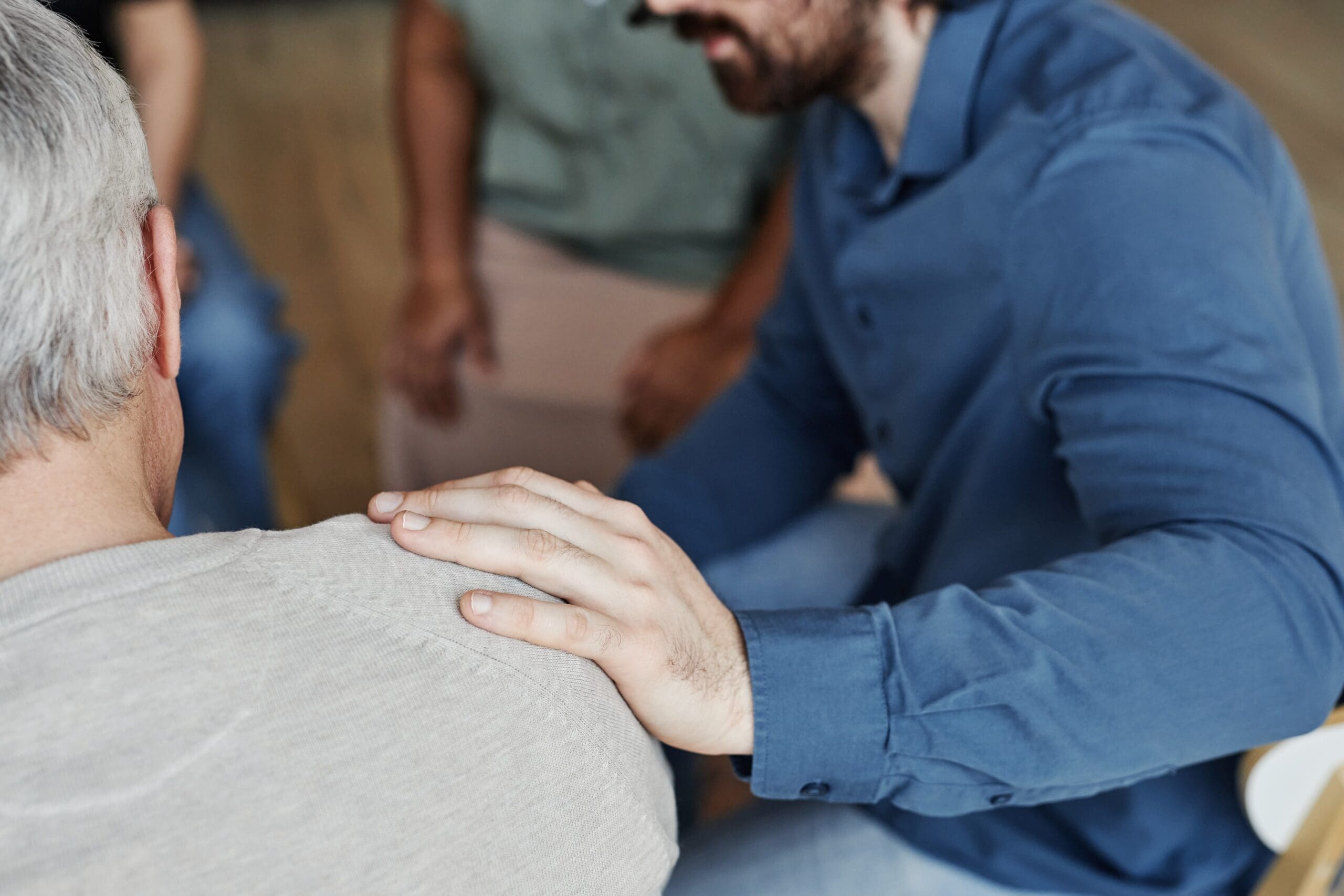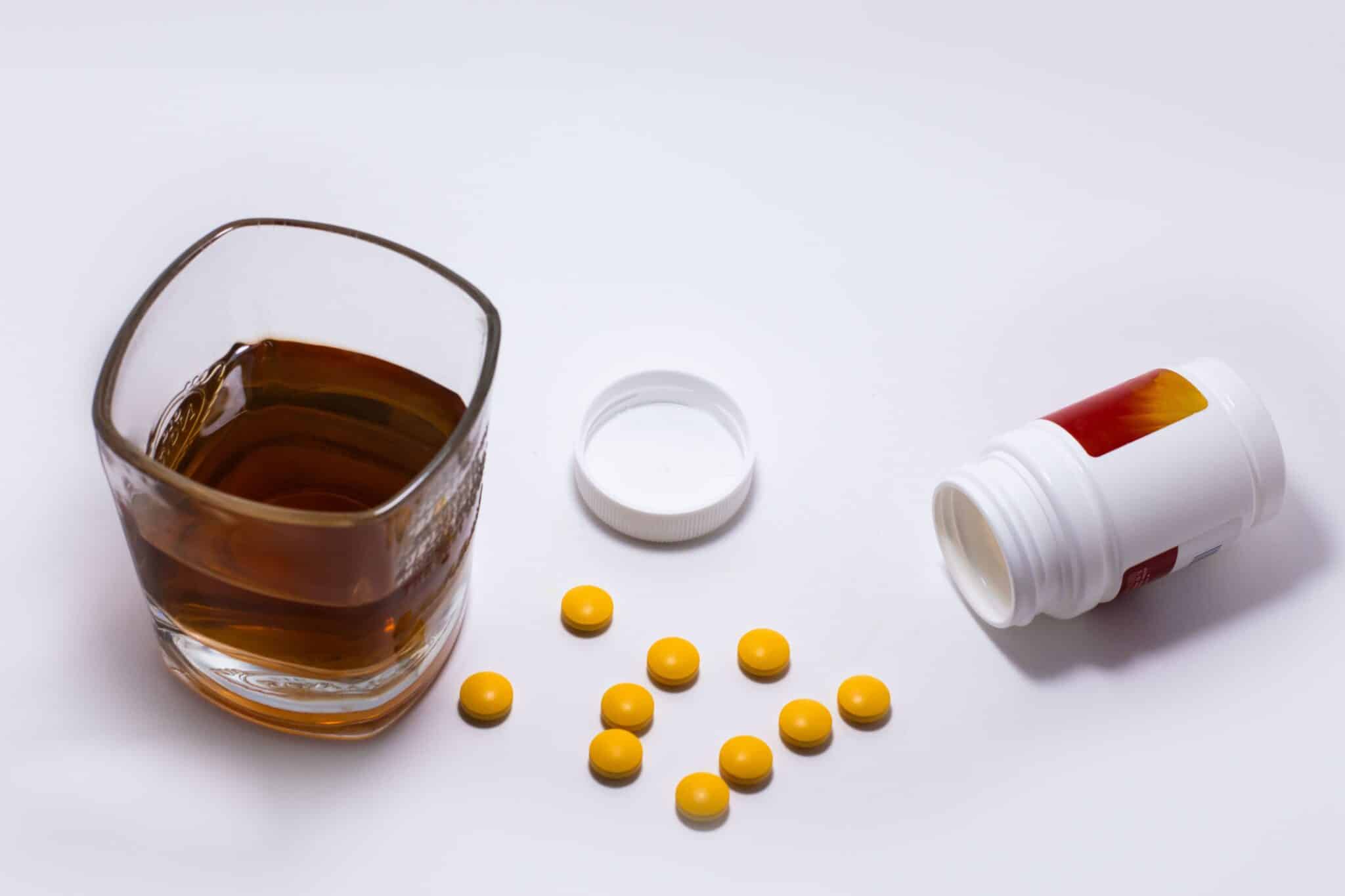This article explains why having an accountability partner can make sobriety more manageable and supportive during the ups and downs of recovery.
Why Accountability Partners Matter
Here’s the thing: doing recovery alone is possible, but it’s a lot harder. Having someone in your corner—a person who’s not judging, who’s checking in, who’s there when things get rough—makes a difference. That person is what we call an accountability partner. And yes, they matter.
Honesty and Follow-Through
First, an accountability partner keeps you honest. When you know someone will ask you later how you did, you’re more likely to do the things you said you’d do. Maybe it’s attending a meeting, going for a walk, or calling your sponsor. It’s simpler than you think but works because it adds a small layer of external support around your own decisions.
Emotional Support in Recovery

Second, they offer a kind of emotional backup. Recovery isn’t just about avoiding substances; it’s about rebuilding your life. It’s messy. There are cravings, doubts, and moments when you feel like you’re the only one struggling. A partner says: “I see you. I’m still with you.” That small check-in when you don’t feel like talking or the “You’re doing good” when you don’t believe it—those matter.
Spotting Trouble Early
Another big part: an accountability partner helps you spot trouble sooner. When they know your patterns—what triggers you, what your weak spots are—they can ask questions that make you think: “Hmm, what’s going on with me right now?” They’re not spying. They’re caring. They’re alerting. That way you don’t wait until the feeling gets big; you work it earlier.
Choosing the Right Partner
Choosing the right partner is key. You want someone you trust, someone consistent, someone who understands enough about your recovery—not necessarily someone in full recovery (though that can help)—but someone who respects your goals, your boundaries, and your pace. Someone who won’t bail out when things get tough.
Setting Expectations Together
It’s also important to set how you’ll work together. How often you’ll check in. What you expect. How honest you’ll be. What happens when you slip. Having those things spoken out loud removes guesswork. It makes the partnership more stable. And remember: this isn’t about guilt or shame. It’s about connection and strength.
Why Accountability Is Ongoing
Let’s face it: accountability isn’t a one-time fix. It’s a layer of support you carry forward. Some days you’ll show up strong. Others you won’t. And that’s okay. What matters is the pattern, the consistency, and the fact that you’re not doing it all alone.
A Stronger Foundation for Sobriety
The bottom line is: your accountability partner is part of your safety net. They’re not doing it for you. They’re helping you stay with it. They anchor you. And when you build that into your recovery strategy, you’re not just trying to stay sober—you’re building a stronger foundation for what comes next.
If you want more support while building a stronger recovery routine, exploring your support network can be a helpful next step.
For additional guidance on recovery and community tools, resources from national support programs may offer extra help.









